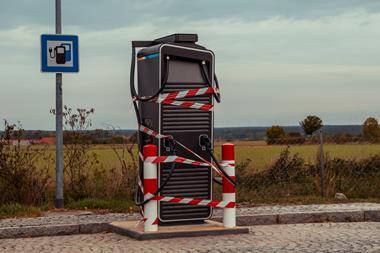An EU vote to approve to introduce a new limit on CO2 emissions from cars been delayed for a third time following pressure from Germany. An agreement had been reached in June on a limit of 95 grams of CO2 per km for cars for 2020 and the Parliament was expected to rubber stamp the deal. The vote has been rescheduled for October 14.
Since the deal was reached in June, Germany has lobbied to weaken the measure which analysts say would be a major challenge for German carmakers Daimler and BMW, and has said it wants a phase-in of the proposed EU law by 2024 rather than 2020.
Matthias Groote, a German MEP and chair of the Parliament’s Environment, said: “The German Government must stop stalling on car emissions legislation. It is unacceptable that the EU’s largest member state and biggest economy has yet again pushed back confirmation of a deal that was reached months ago.
“These delays are holding back innovation in the car industry and EU efforts against climate change. All of us, including the German car industry, stand to benefit from progress in this area."
Most carmakers are on course to achieve CO2 emissions comfortably below the interim EU target of 130g per km for 2015.
In parallel with the debate on cars, EU lawmakers have also debated limiting emissions from vans to 147g per km by 2020. Those rules have recently been endorsed, meaning they are also ready to be rubber-stamped by EU ministers before becoming law.
Commenting on the decision, Greg Archer, clean vehicles manager of Transport & Environment, said: “It’s totally inexcusable and undemocratic that Germany has been able to delay the vote as many times as needed to garner enough support to block the deal. The Council must make a decision and soon.
"Either it ratifies the deal that has been welcomed by drivers, auto suppliers and the vast majority of EU countries, or it scuppers the plan and reopens negotiations with the Parliament. If a new deal has to be struck, the Parliament should insist on its 2025 target of 68g of carbon dioxide per kilometre.”

































No comments yet